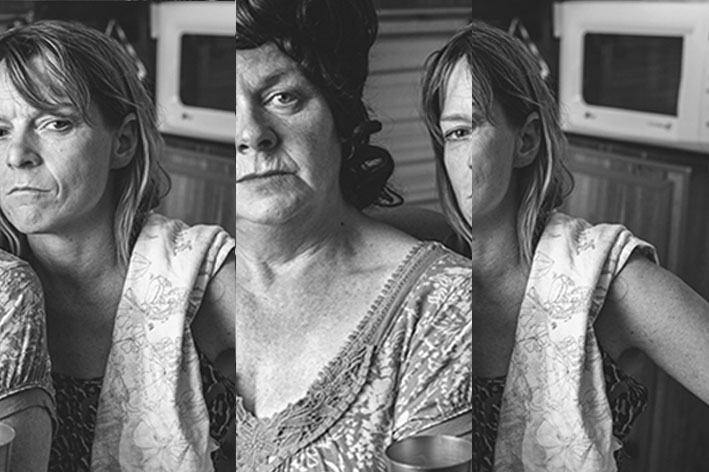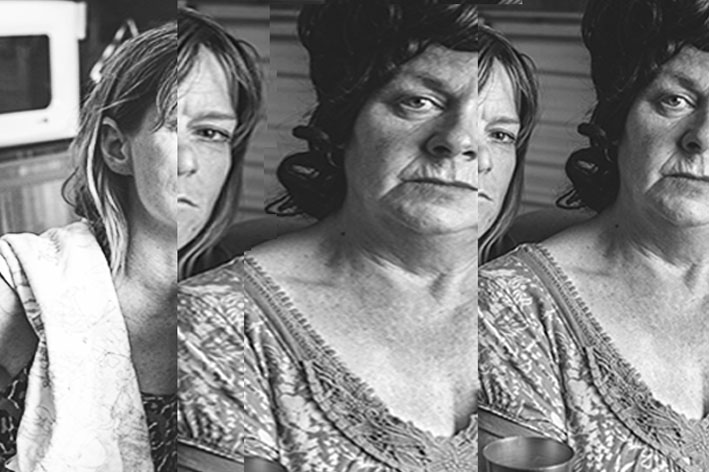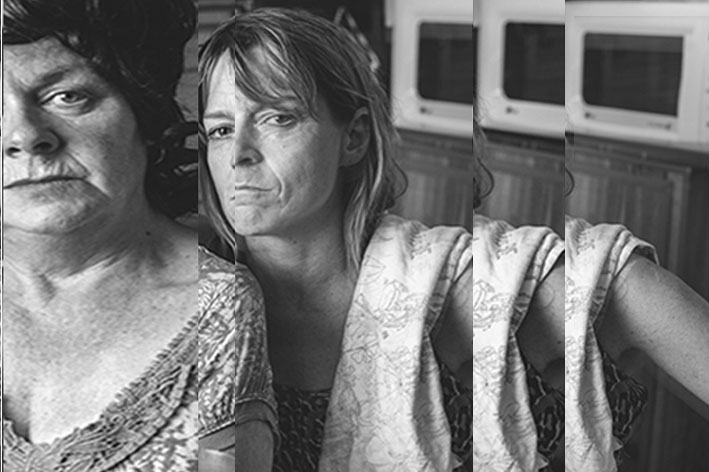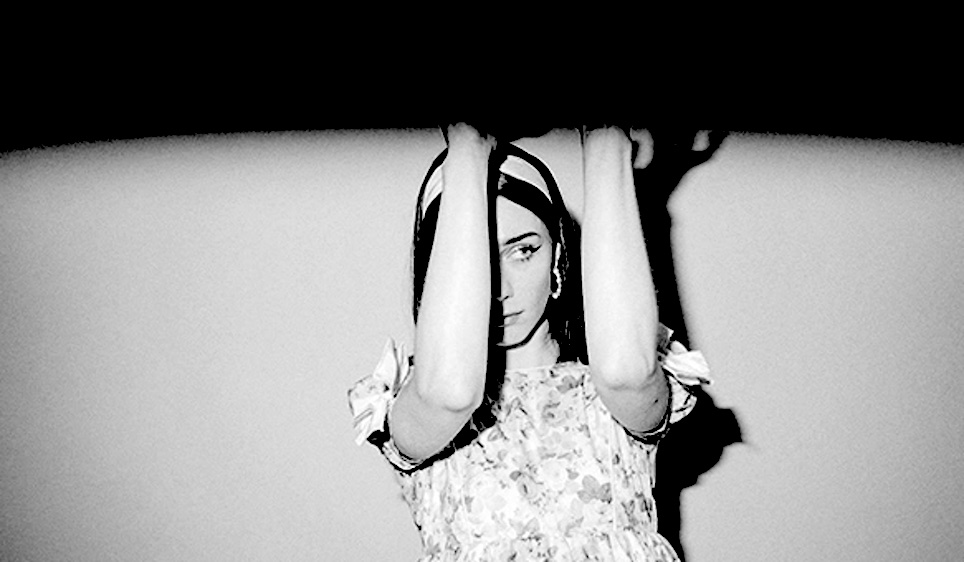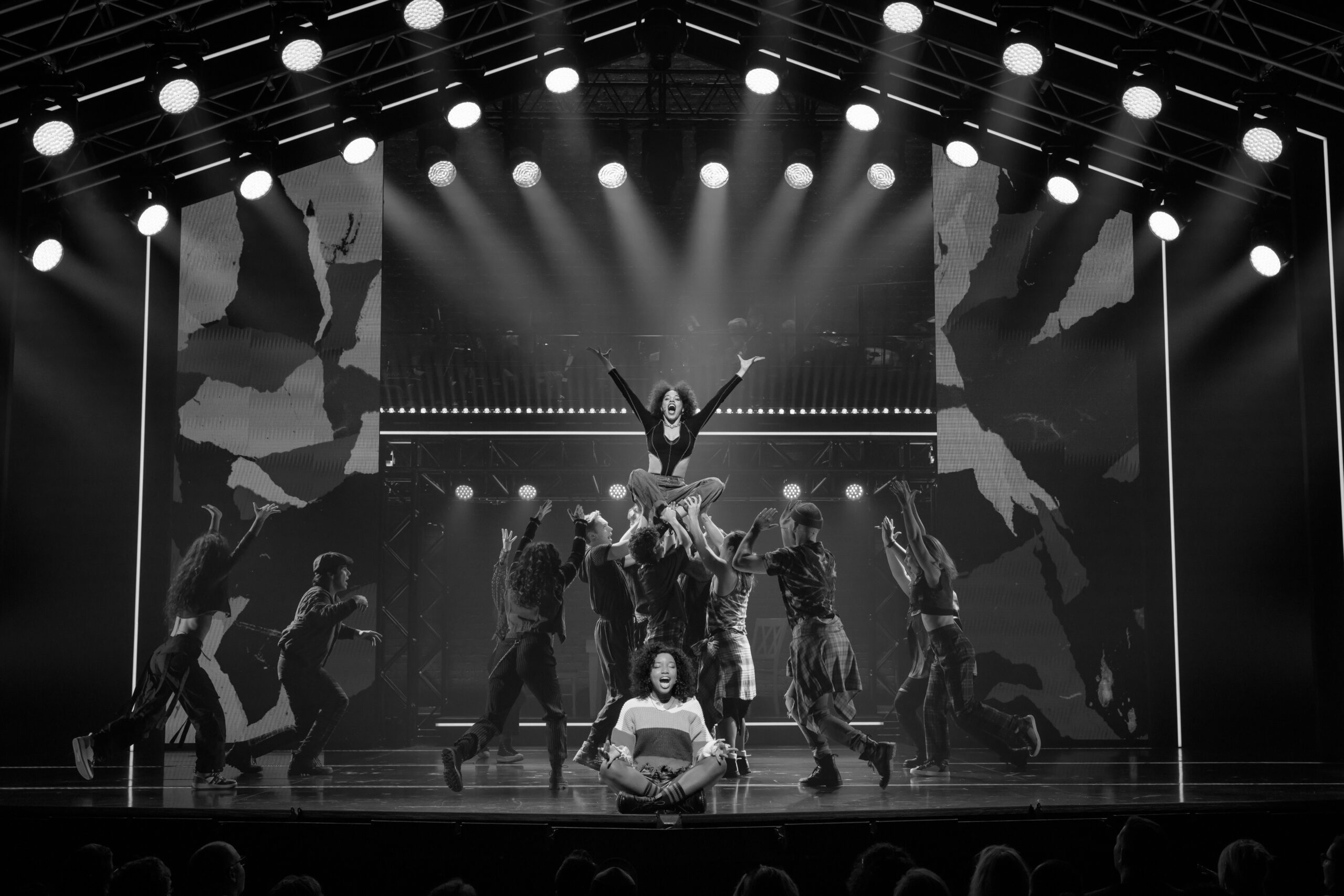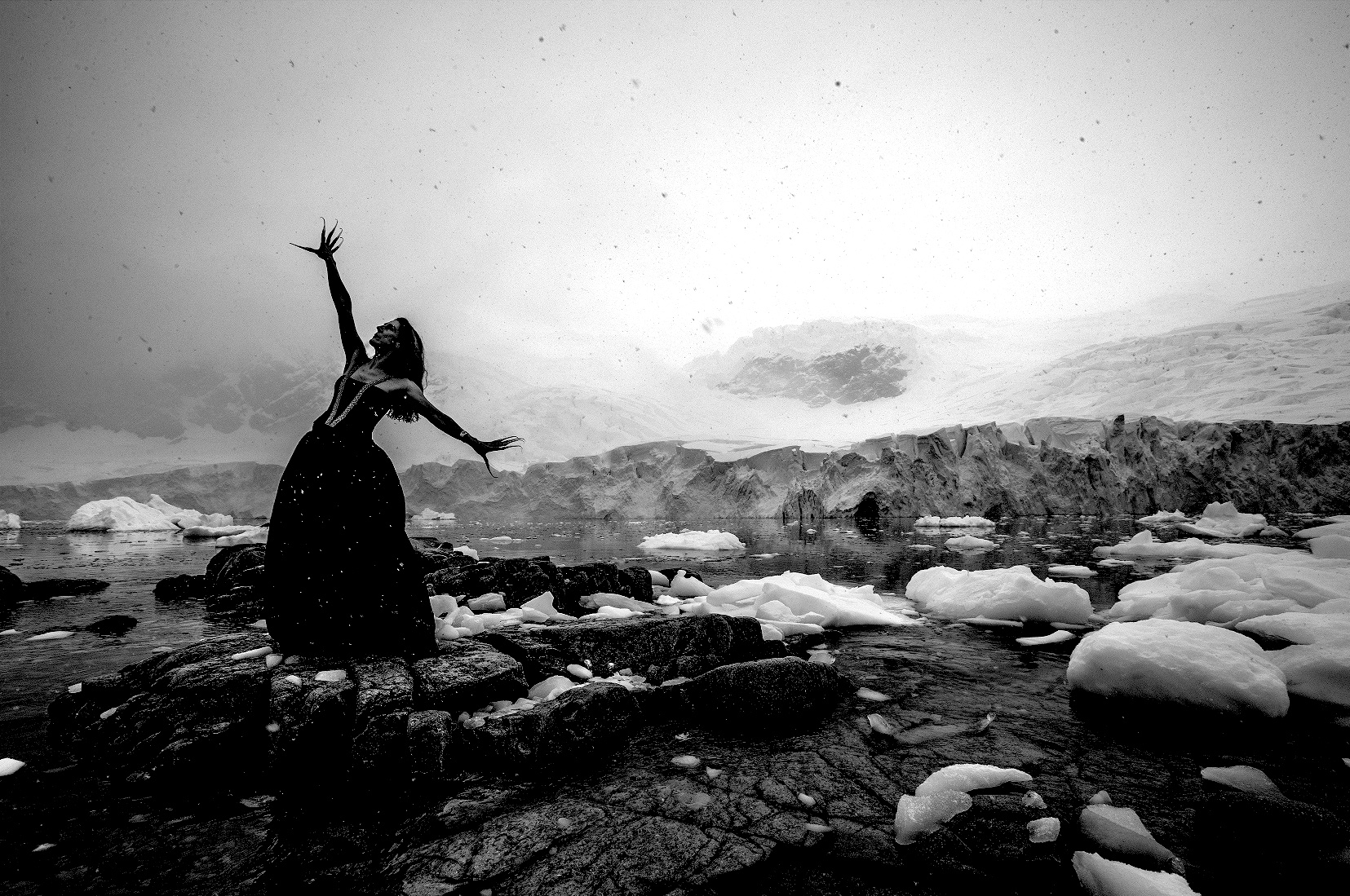THE CARAVAN OF LOVE
“This dilapidated old caravan might be full of musty carpet and faded dreams, but for years, a mother and daughter have called it home.”
Malthouse Theatre this Melbourne Festival will be home to the latest work written by four of Australia’s most important and contemporary theatre makers: Patricia Cornelius, Angus Gerini, Wayne Macaule and Melissa Reeves. Caravan presents the story of two women in a conversation about the human condition, intimacy and class. Susie Dee spoke with the Melbourne Critique on process, privilege and the relationship shared with Caravan co-performer Nicci Wilks.
Let’s start off. How would you describe Caravan?
Caravan is a two-hander showing the story of a mother and daughter who have been living together for forty years in a series of caravans. It looks at love and co-dependence, and it tickles issues like class, poverty and quality of life. It’s based around a daughter who needs to extricate herself but is compelled to stay and look after her mother, who doesn’t want her to leave. It’s a small story between a mother and daughter, but it’s complex and intimate, and it does get really nasty. It questions the notion of love and how you share it, and it is also about dependence and drugs, and the daughter’s search for love.
Aside from exploring notions surrounding intimacy and the human condition, are there bigger statements on society that can be found in Caravan?
I think we are bringing them to the surface. The works I have been doing for the last five to ten years have not been about these issues, but bigger global issues – not personal or intimate. We wanted to raise these issues about the human condition. It’s not making big statements, but as I said, it’s about ticketing these issues. It’s a notion of choice. Did these women have a choice to go out and suddenly get jobs and live in nice houses, or are they condemned to this small caravan?
What spurred this project into action, and how is focusing on smaller issues on an intimate scale?
I haven’t performed for a long time. Nicci Wilks and I have been mainly working as a director, and I’ve been directing Nicci in plays like Shit and Taxi. I think we have a really electric relationship; we speak our minds a lot. With Caravan, the idea was to ask four writers who are really great writers, have a great politic, to write this work with us. The idea originally was that the mother was actually dying, and to consider what she has left. She has lived in this caravan for forty years. You haven’t got much to show for it. It’s all on an intimate level, but can expand into bigger places and into those larger universal issues, and as they grow, hopefully the audience will begin to think of them in a different way.
What greater role does art play in the political spectrum?
I think it’s really important. A lot of people just see art as pure entertainment and that’s fine. I think it can be pure entertainment and pure escapism, but for me as an artist, I don’t see it like that. I think art can change and shift things. If you have something to say then of course, fuck it, I want art to talk about things, lay them out, and get people to think about things differently. I do want art to be thought-provoking, challenging and surprising. I don’t really create theatre that is naturalistic and every day, because you can see that all around you. The theatre should be this different place, and yes, be political. Absolutely.
Lastly, how does Caravan sit within Melbourne Festival’s 2017 program, and how in extension does it respond?
I don’t think there are many plays that have working class characters in them. I think the setting will be very challenging; it’s a very intimate setting. I think a lot of the Melbourne festival program is brilliant, and really beautiful. There’s a lot of money involved. But this is a really poor show. We haven’t had much money thrown us at all, We have three weeks to get this together. It’s great Melbourne Festival has embraced it, but I think its dirtier and it’s certainly not going to be a pretty work. I think it is inspiring they have embraced a work like Caravan which is more authentic and real.

